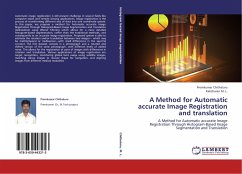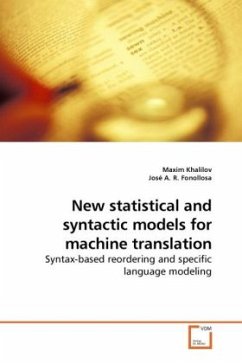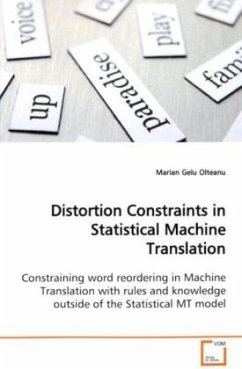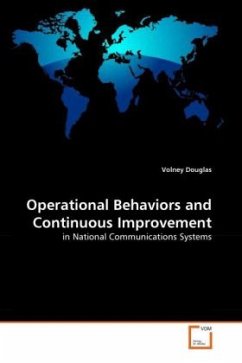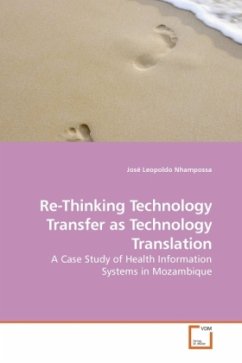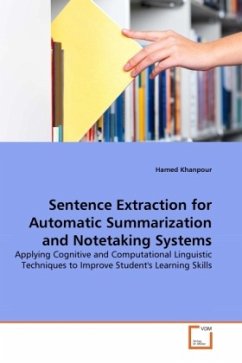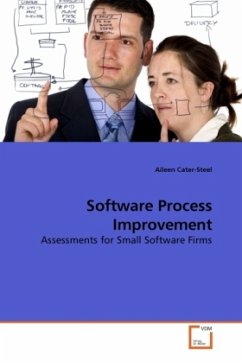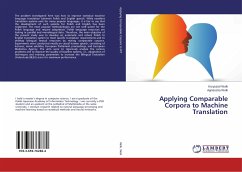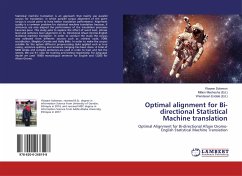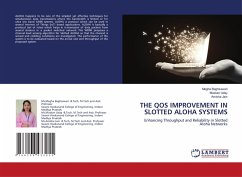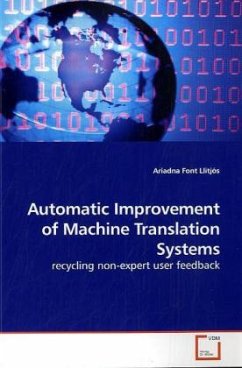
Automatic Improvement of Machine Translation Systems
recycling non-expert user feedback
Versandkostenfrei!
Versandfertig in 6-10 Tagen
45,99 €
inkl. MwSt.

PAYBACK Punkte
23 °P sammeln!
Achieving high translation quality remains the most daunting challenge Machine Translation (MT) systems currently face. Researchers have explored a variety of methods for including translator feedback in the MT loop. However, most MT systems have failed to incorporate post-editing efforts beyond the addition of corrected translations to the parallel training data for Example-Based and Statistical systems or to a translation memory database. This book describes a novel approach that utilizes post-editing information to automatically improve the underlying rules and lexical entries of a Transfer...
Achieving high translation quality remains the most daunting challenge Machine Translation (MT) systems currently face. Researchers have explored a variety of methods for including translator feedback in the MT loop. However, most MT systems have failed to incorporate post-editing efforts beyond the addition of corrected translations to the parallel training data for Example-Based and Statistical systems or to a translation memory database. This book describes a novel approach that utilizes post-editing information to automatically improve the underlying rules and lexical entries of a Transfer-Based MT system. This approach directly improves the intelligibility of corrected MT output and, more significantly, it generalizes over unseen data, providing improved MT output for similar sentences that have not been corrected. Experimental results on an English-Spanish MT system show that automatic rule refinements triggered by bilingual speaker corrections successfully translate unseendata that was incorrectly translated by the original, unrefined grammar. Besides MT researchers, this work should be especially useful to anyone seeking to use or implement high quality MT.



